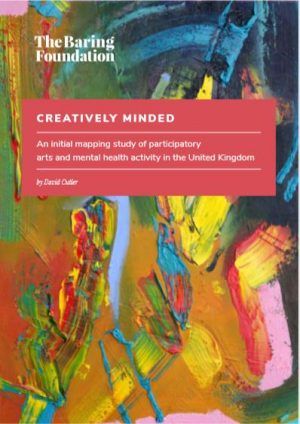This blog was kindly compiled by Kat Evans with Adam Jones, Dani Withington, David Clamp, Lucie Wood, Sarah Fraser, Val Nash and Vicky Lomas of the British Ceramics Biennial. In ‘normal’ times’, BCB run studio-based projects with Starfish Social Hub which is a social network to support people with their mental health and Stoke Recovery Service, an abstinence based recovery centre.
Records of time spent together
When I think about BCB’s health programme in Stoke-on-Trent, I hear the bustle of our community studio at Spode Works. People wedging clay, wiping tables, laughing and making teas. We work with partner organisations, including Starfish Social Hub and Stoke Recovery Service, to deliver artist-facilitated clay workshops in health and community settings. We also create opportunities for people to come together in our studio, collaborate on artistic projects, and explore how creativity best works for them.
Our work centres on a place (the Potteries), and a material (clay); initially it was difficult to imagine how we could work in our own homes and online at the same time. It has been a journey for all of us.
“It has given me something to look forward to when I have had my down days. Also, it’s given me a sense of a little stability, even in these extreme conditions. This is a massive thing for me.”
Adam
In BCB’s face-to-face work we use playful and experimental techniques, drawing on the tactile qualities of clay. We wanted to bring this into the online sessions. Rather than creating finished ‘artworks’, Sarah plans ‘sketchbook’ sessions that use materials and tools that can be found easily; drawing everyday objects with sticks and mud; creating collages of rubbings from textures in our homes. A way of looking again at the everyday.
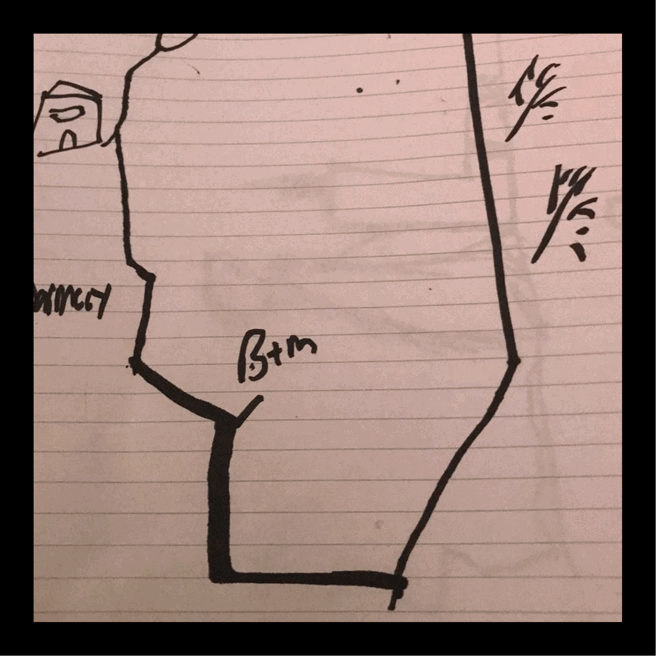
You don’t have to be an artist to have a go
“The most useful thing I found about planning online sessions was to think about what works in face-to-face sessions and work out ways of replicating that in a slightly different format online.”
Sarah
After a warm welcome and check in, Sarah explains what the session will cover and gives people time to gather everything they need. The first activity, a warm-up, centres everyone and reduces the anxiety associated with getting online, and the shift from being by yourself at home to being part of a group.
“It’s the calmest I’ve been all week.
It’s the process. The five minutes you’re doing it, you’re forgetting the crisis.”
Adam
Sarah then demonstrates the activity, giving examples, keeping it open for everyone to explore in their own way. Everyone works individually, we listen to the sounds of materials and movement as people sketch, observe and rearrange.
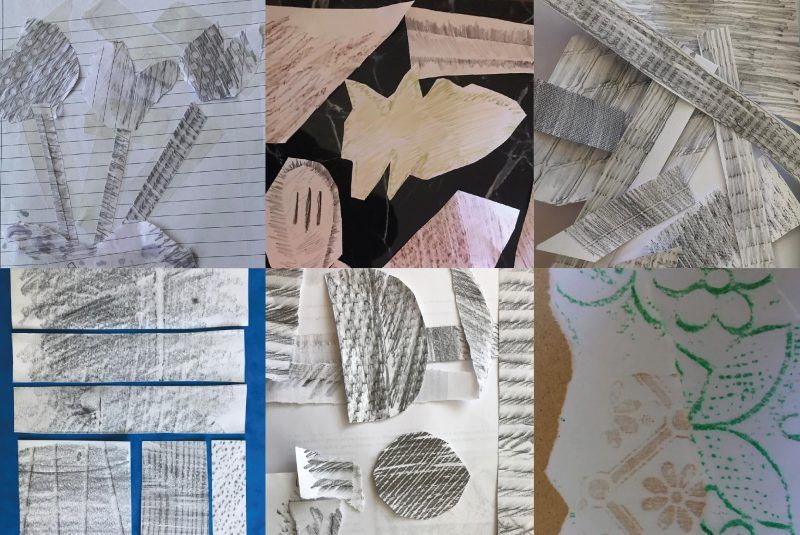
Benefits
- Getting to know others;
- A routine/ something to look forward to;
- Switching off from “the crisis”;
- Having fun.
“You can just have a laugh. It’s not a competition and there’s no destination.”
Lucie
“[It] supports people in recovery from mental health issues, addiction and social anxiety, people describe how they were able to lose themselves …and feel a sense of achievement.”
Val
“….A valuable source of connection during isolation. Getting connected is vital for our clients to improve their mental wellbeing…”
Vicky
“The mindful aspect is a complete benefit, getting into a focused state and blotting out this moment of crisis. It’s fun and enjoyable. You get to know people, interact and share an experience together.”
David
Challenges
“The biggest problem is the technology.”
Lucie
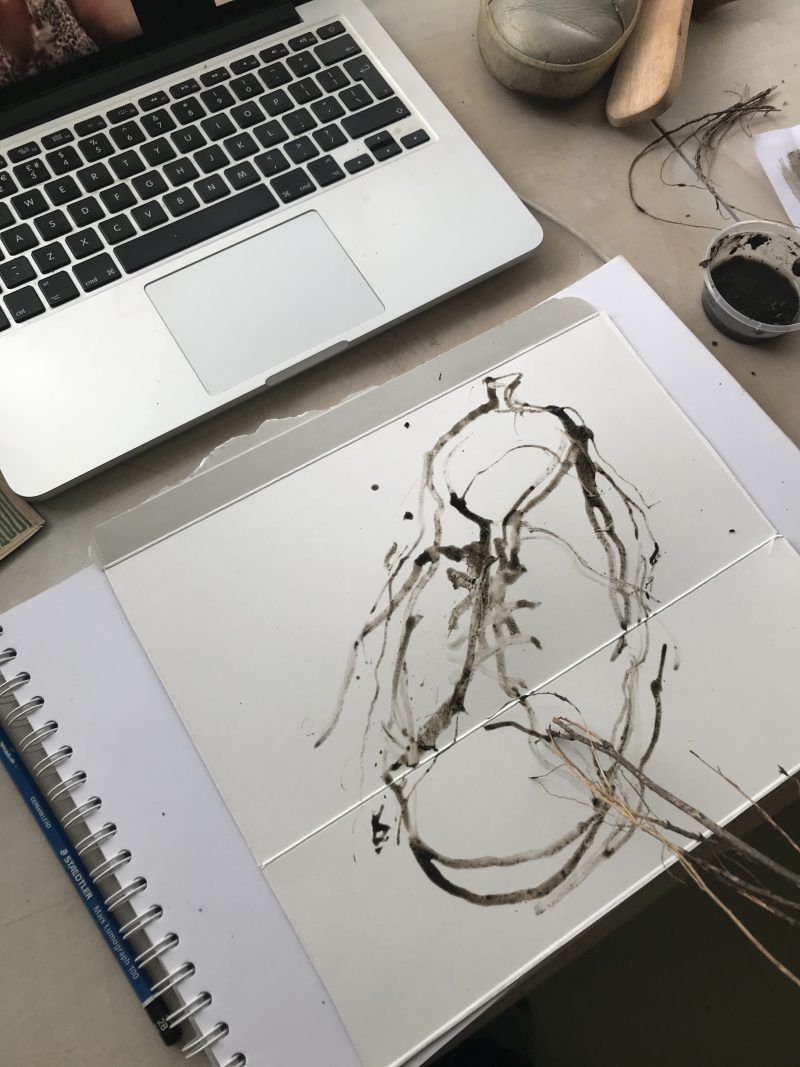
Many people don’t have access to the internet; technology also creates other problems as sometimes we lose connection or the screen isn’t clear.
Collecting material for the session can be positive, providing a focus to a daily walk, but getting prepared when you don’t know quite what to expect can also be stressful. Indeed, for some people, the idea of taking part in a creative group can be a barrier.
“I was worried people would laugh at my “Art” and judge me as, I know I am terrible at drawing but after week one I realised that it wasn’t about what it looked like, it is all about the process in getting there…”
Adam
What’s next?
We are always learning. Online workshops can be more structured than our face-to-face work. Everyone takes it in turns to share their work and, using GoogleMeet, we have to speak out loud to make sure we stay on camera long enough for everyone to see. This gives useful structure to reflection and feedback.
“It can be easier for some people to engage because it is once removed. You can say, and communicate more.”
David
We don’t think that creativity and cultural activities should be an ‘add on’ or ‘something nice’.
We feel the arts have a central role in civic society, connecting us, making sense of our present and re-imagining our futures.
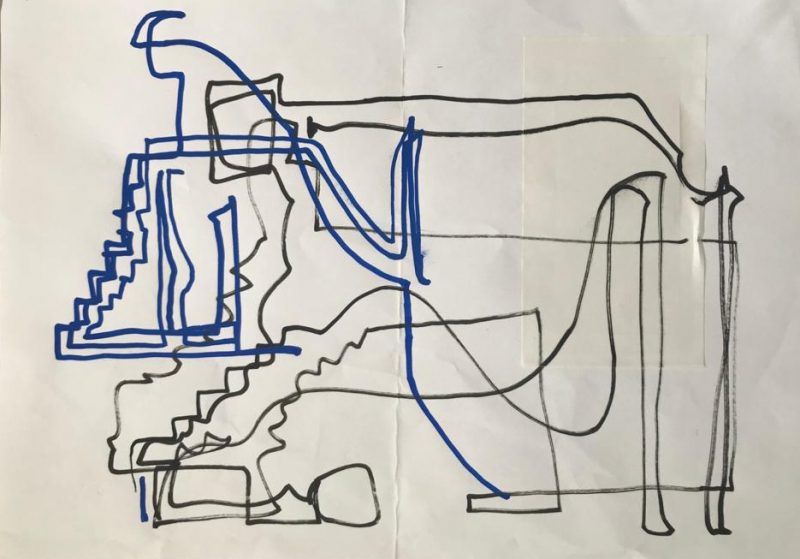
Notes
The Clay Foundation, based Stoke-on-Trent, delivers the British Ceramics Biennial and a year-round programme of artists’ commissions, education and community engagement.
The Social Hub is a face-to-face social network set up to help people live healthy social and emotional lives, run by the national charity Starfish. There is more information about BCB’s Clay Works programme with Starfish here.
Stoke Recovery Service is an abstinence-based recovery centre, supporting people with substance misuse issues who are motivated to build a fulfilling recovery lifestyle. More about BCB’s project with Stoke Recovery Service here.
